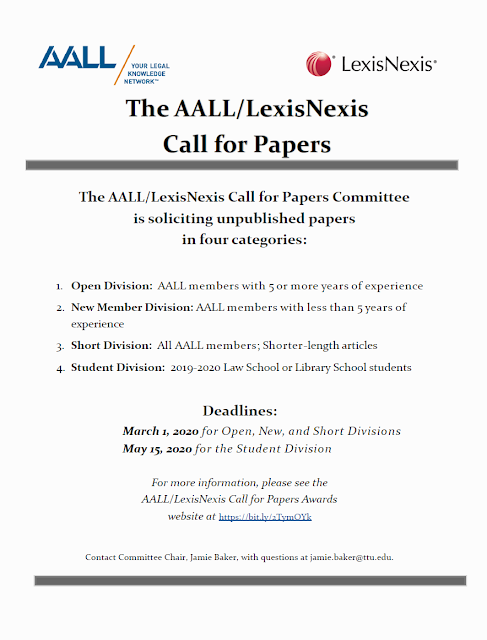An Ode To America's Libraries
James and Deb Fallows traveled throughout the United States on a 54,000-mile journey in a single-engine plane for their Atlantic article “Can America Put Itself Back Together?"
The text below on America's libraries accompanies the cover story:
As we traveled around the U.S. reporting on the revival of towns and cities, we always made the local library an early stop. We’d hit the newspaper offices, the chamber of commerce, city hall, and Main Street for an introduction to the economics, politics, and stresses of a town. The visit to the public library revealed its heart and soul.
Technology
Many people rely on libraries for their computer and Internet use. According to a 2015 Pew Research Center report, more than a quarter of Americans who had visited a public library in the past year had used a computer, the Internet, or a WiFi connection there, with the usage numbers higher among minorities and low-income groups.
Education
In Charleston, West Virginia, despite recent funding losses that severely cut library staff, librarians still provide materials to teachers all across the 900-square-mile county. In Columbus, Mississippi, the library gives high-school students access to Civil War–era archives—slave sale records, court cases, and secrets of the community—making real the racial history of their state. In Redlands, California, the program attracting the most volunteers is one-on-one literacy tutorials for adults. And many adults use public libraries as their access point to postsecondary online courses.
Community
The library in West Hartford, Connecticut, offers conversational-English classes for immigrants. The library in Seattle provides citizenship classes. The library in Duluth, Minnesota, has a seed-lending program for local gardeners. The library in Washington, D.C., offers tango dancing on Saturday afternoons. In libraries, I have practiced yoga and tai chi, sipped lattes in coffee shops, and watched Millennials with laptops arrange their virtual start-up offices at long reading-room tables. Libraries serve as anchors in times of distress: The library in Ferguson, Missouri, kept its doors open even when schools were closed, and libraries in New Jersey became places of refuge after Hurricane Sandy.
If these seem like deviations from libraries’ historical role as lenders of books, consider that, around the start of the 20th century, the earliest Carnegie libraries included bowling alleys, music halls, billiard tables, swimming pools, and gymnasiums.
The text below on America's libraries accompanies the cover story:
As we traveled around the U.S. reporting on the revival of towns and cities, we always made the local library an early stop. We’d hit the newspaper offices, the chamber of commerce, city hall, and Main Street for an introduction to the economics, politics, and stresses of a town. The visit to the public library revealed its heart and soul.
Technology
Many people rely on libraries for their computer and Internet use. According to a 2015 Pew Research Center report, more than a quarter of Americans who had visited a public library in the past year had used a computer, the Internet, or a WiFi connection there, with the usage numbers higher among minorities and low-income groups.
Education
In Charleston, West Virginia, despite recent funding losses that severely cut library staff, librarians still provide materials to teachers all across the 900-square-mile county. In Columbus, Mississippi, the library gives high-school students access to Civil War–era archives—slave sale records, court cases, and secrets of the community—making real the racial history of their state. In Redlands, California, the program attracting the most volunteers is one-on-one literacy tutorials for adults. And many adults use public libraries as their access point to postsecondary online courses.
Community
The library in West Hartford, Connecticut, offers conversational-English classes for immigrants. The library in Seattle provides citizenship classes. The library in Duluth, Minnesota, has a seed-lending program for local gardeners. The library in Washington, D.C., offers tango dancing on Saturday afternoons. In libraries, I have practiced yoga and tai chi, sipped lattes in coffee shops, and watched Millennials with laptops arrange their virtual start-up offices at long reading-room tables. Libraries serve as anchors in times of distress: The library in Ferguson, Missouri, kept its doors open even when schools were closed, and libraries in New Jersey became places of refuge after Hurricane Sandy.
If these seem like deviations from libraries’ historical role as lenders of books, consider that, around the start of the 20th century, the earliest Carnegie libraries included bowling alleys, music halls, billiard tables, swimming pools, and gymnasiums.


Comments
Post a Comment